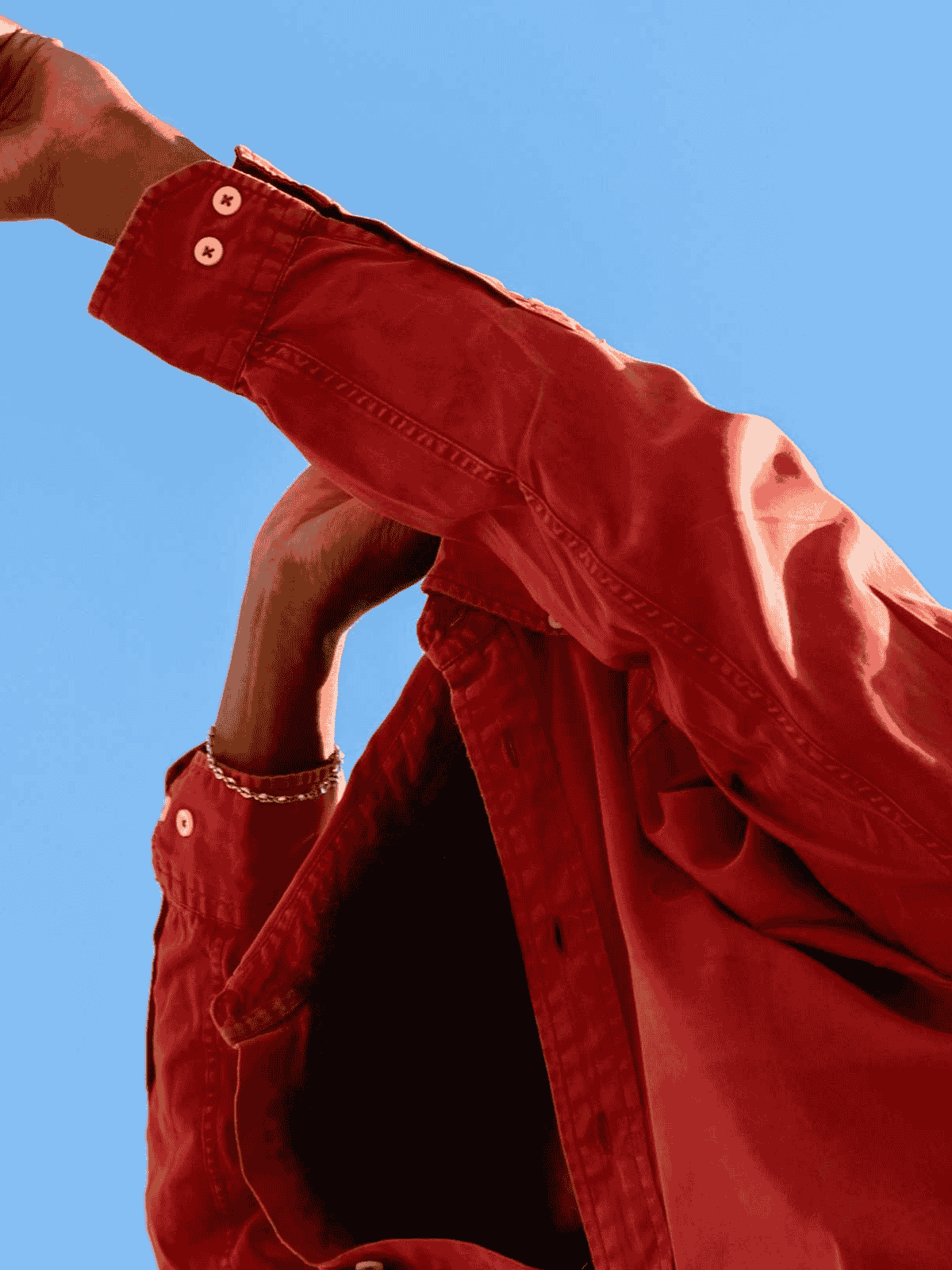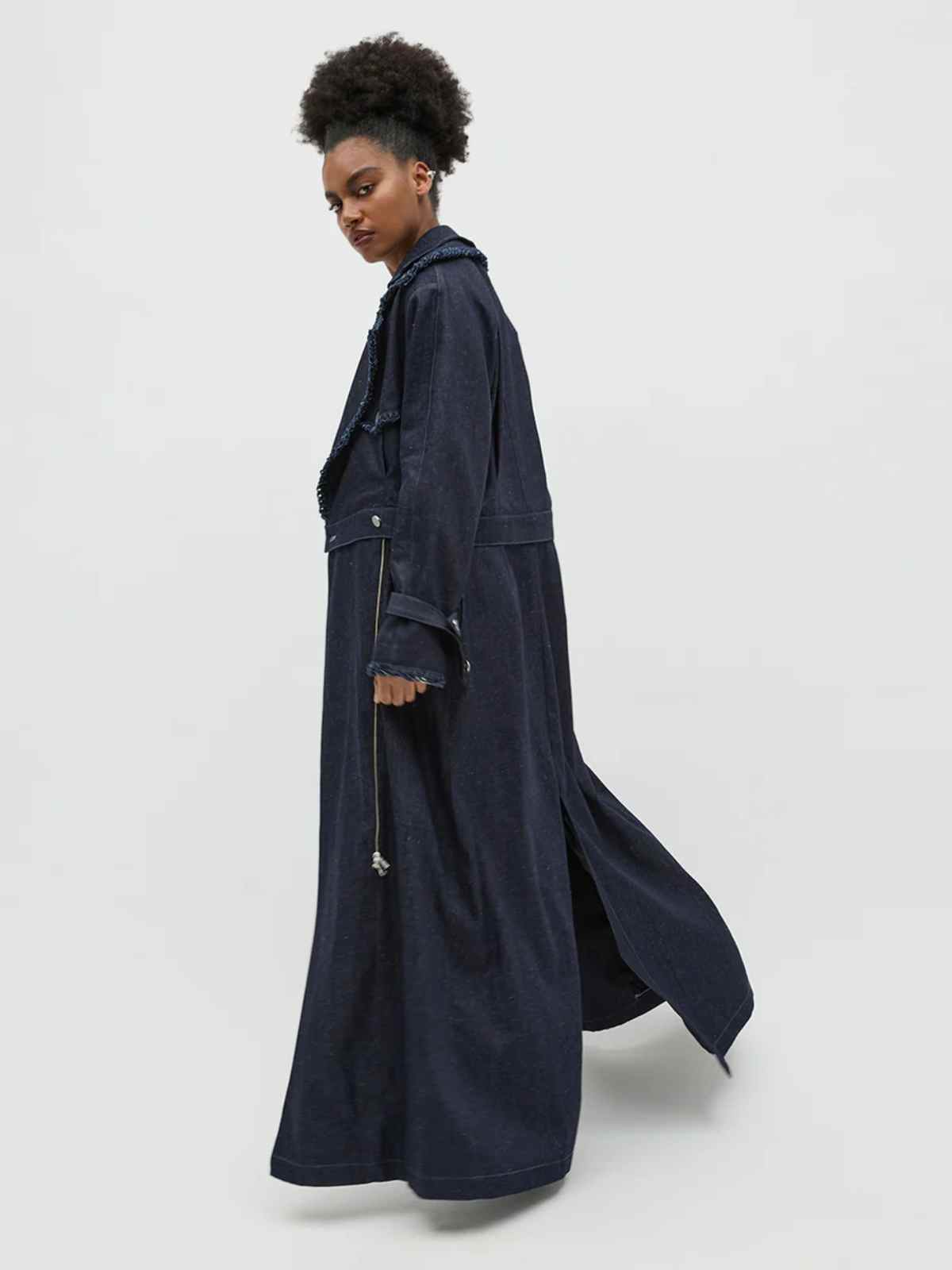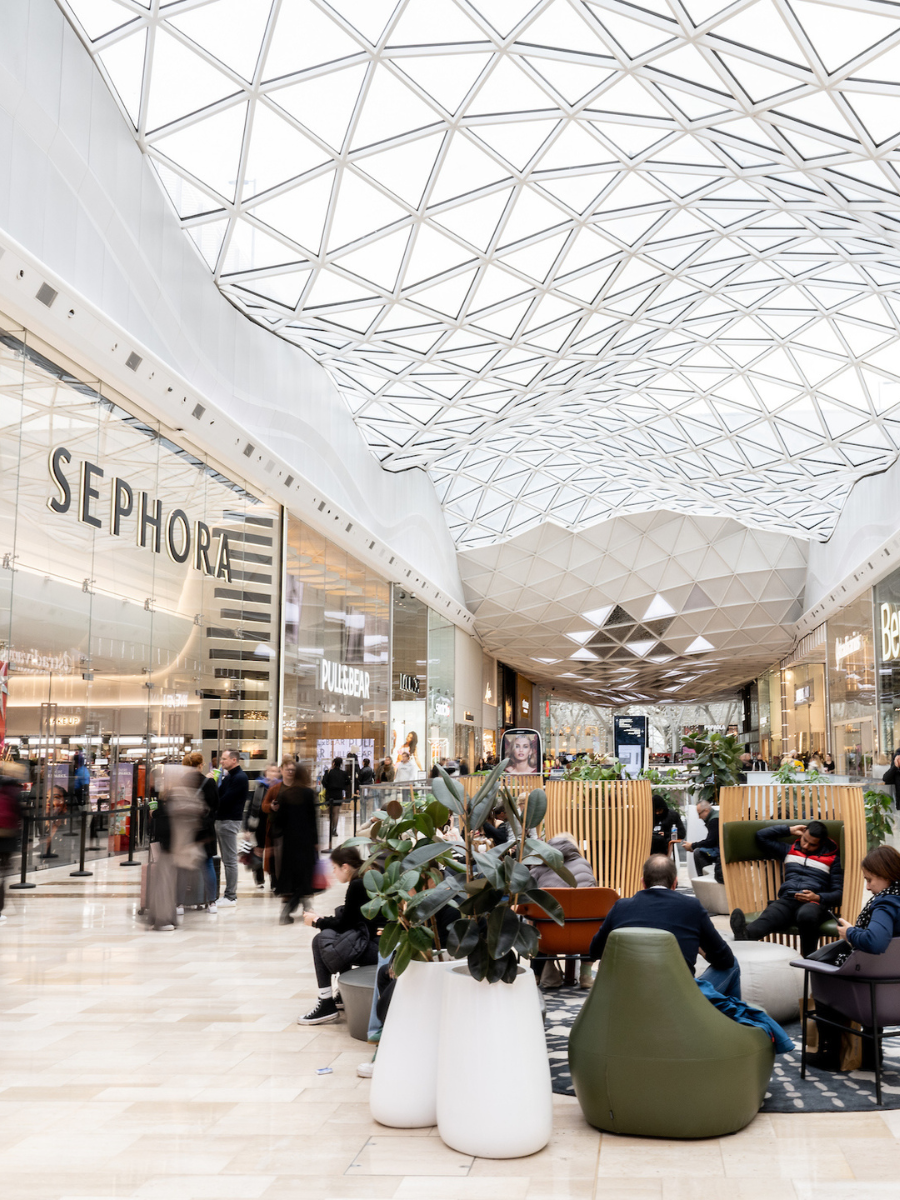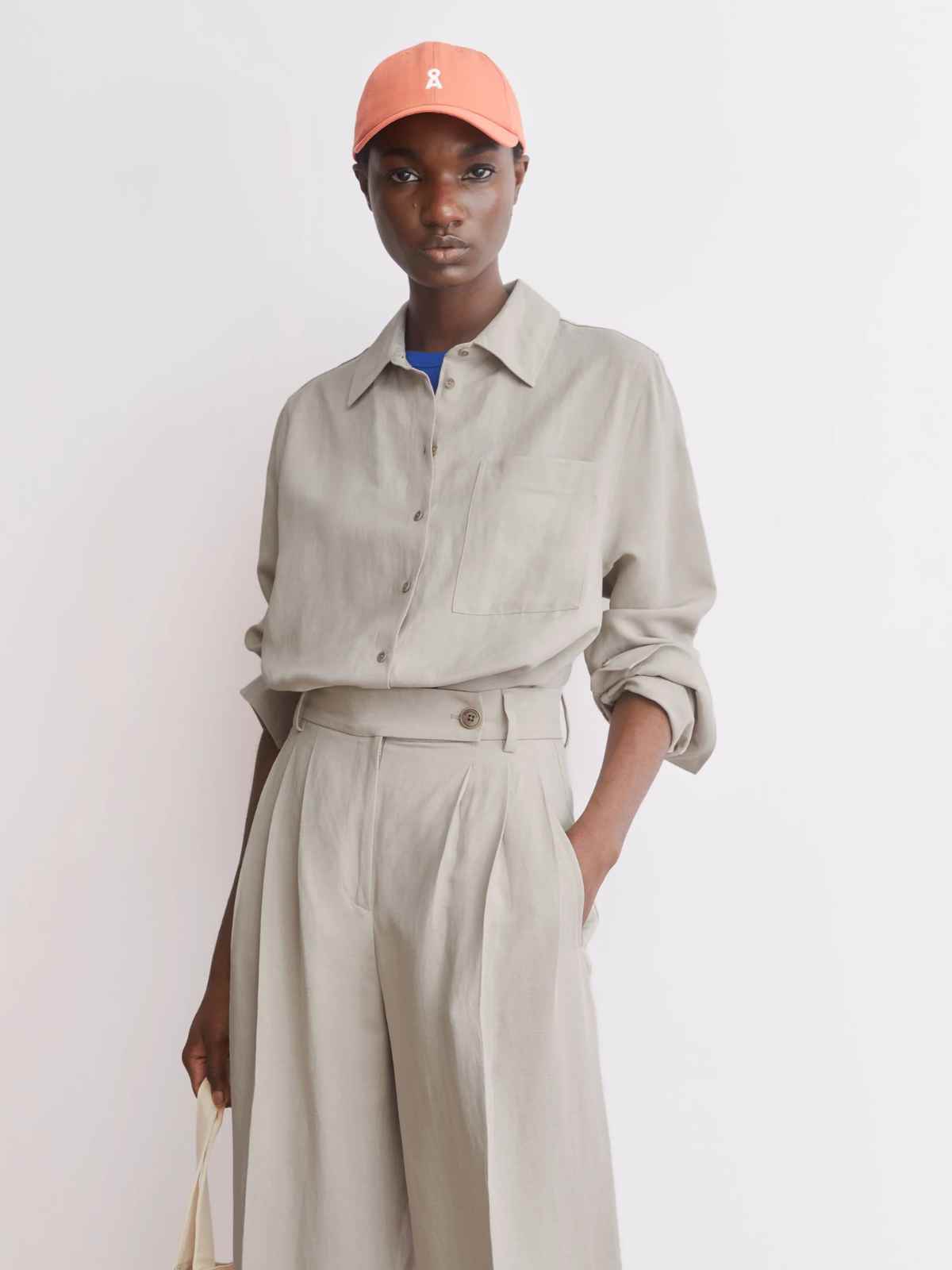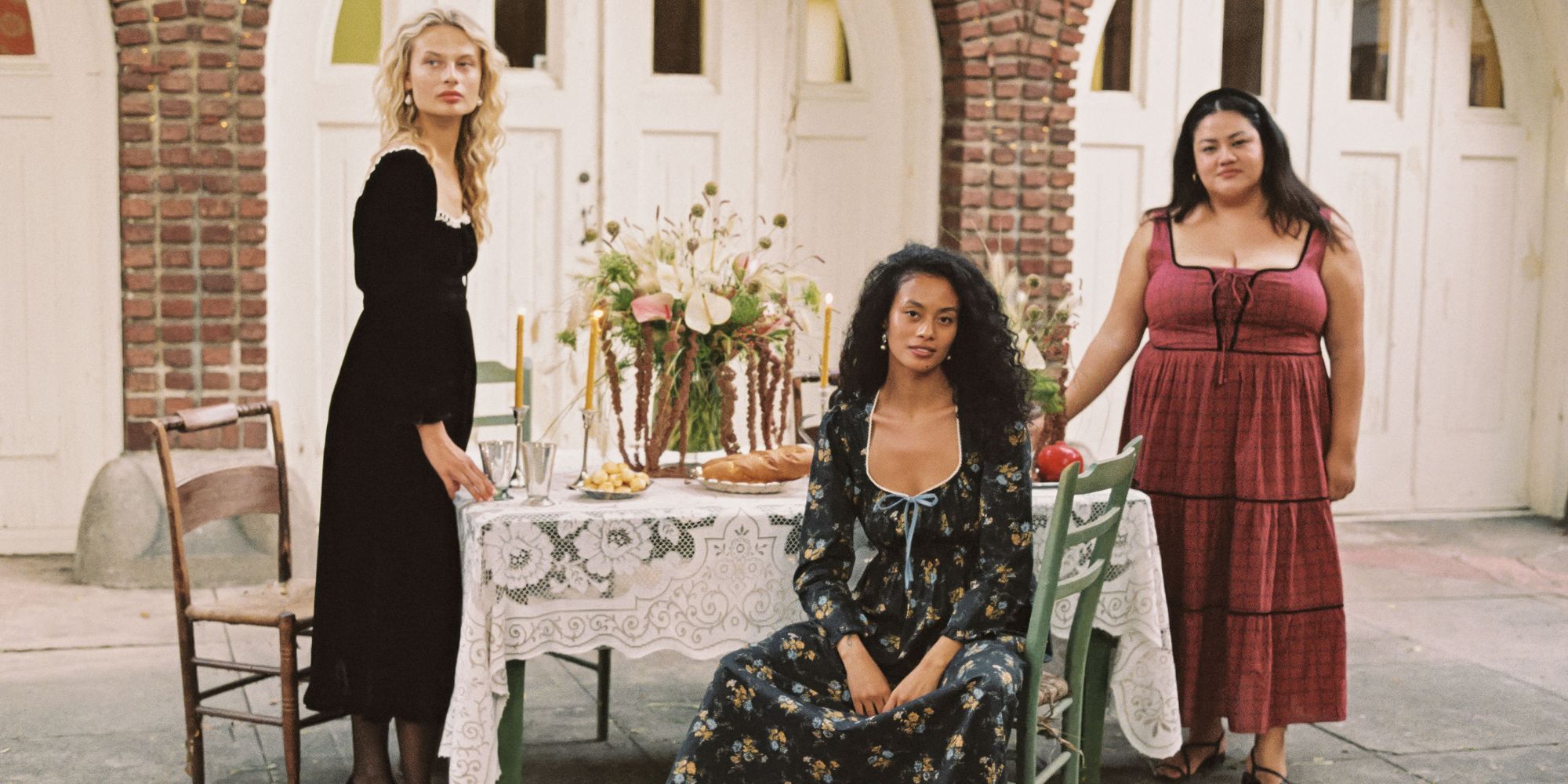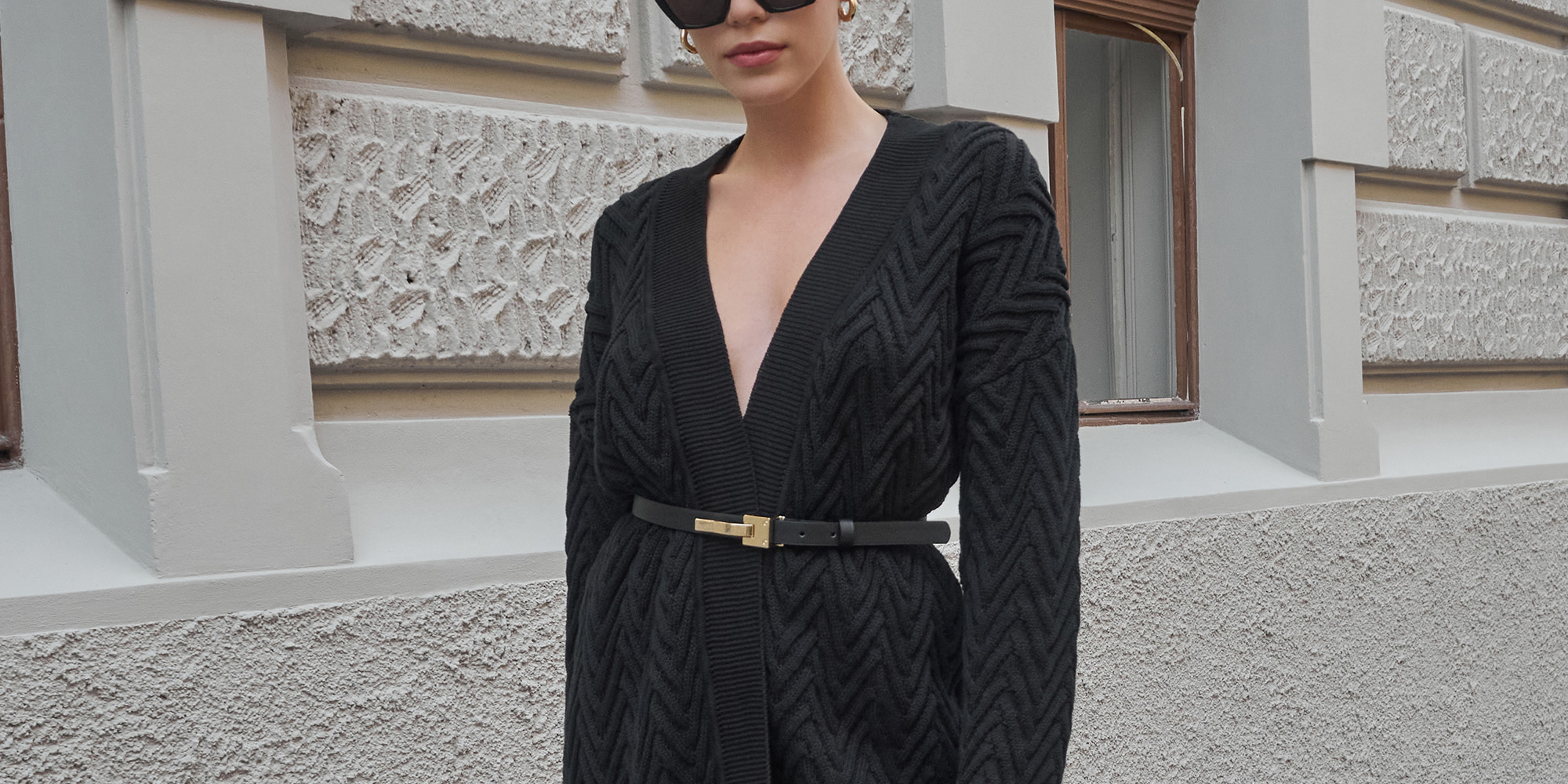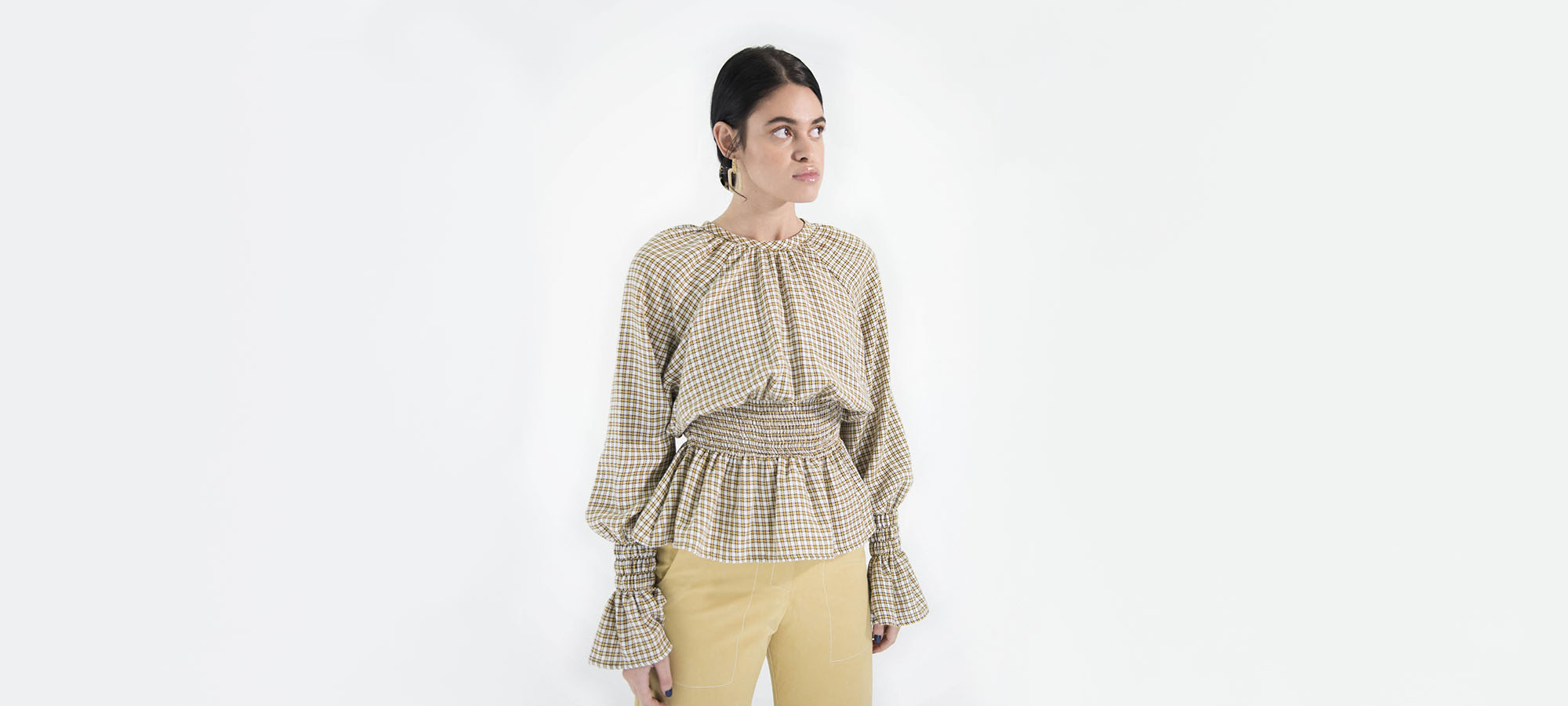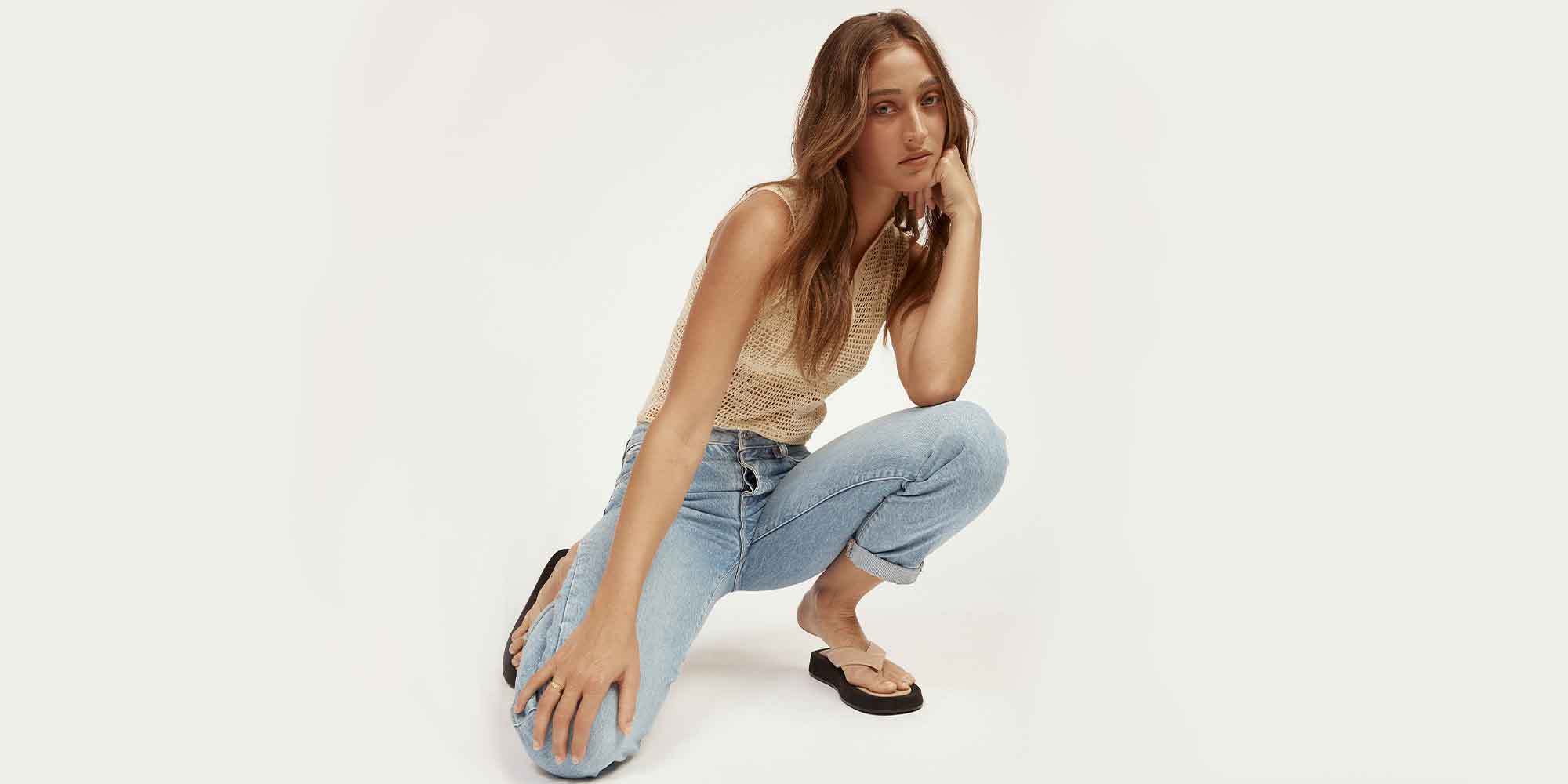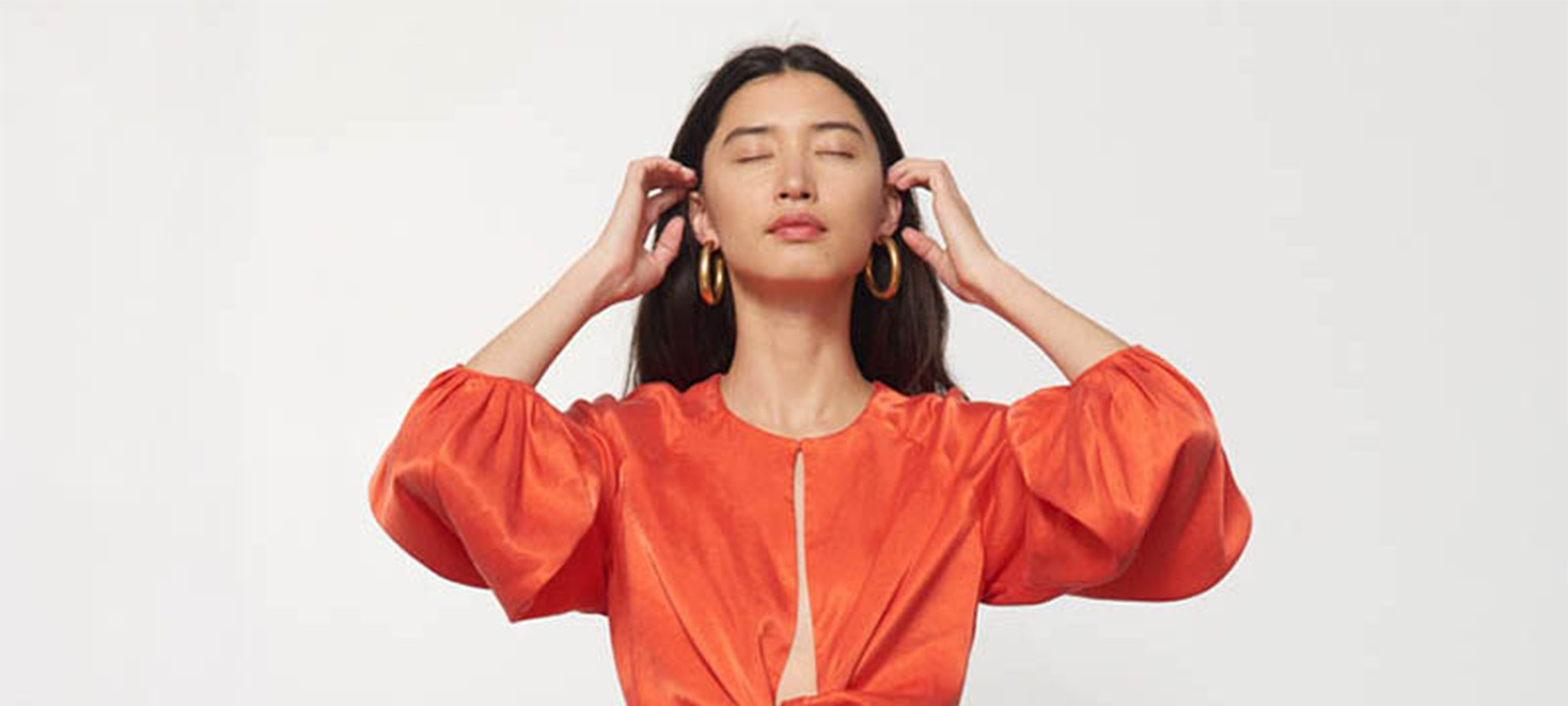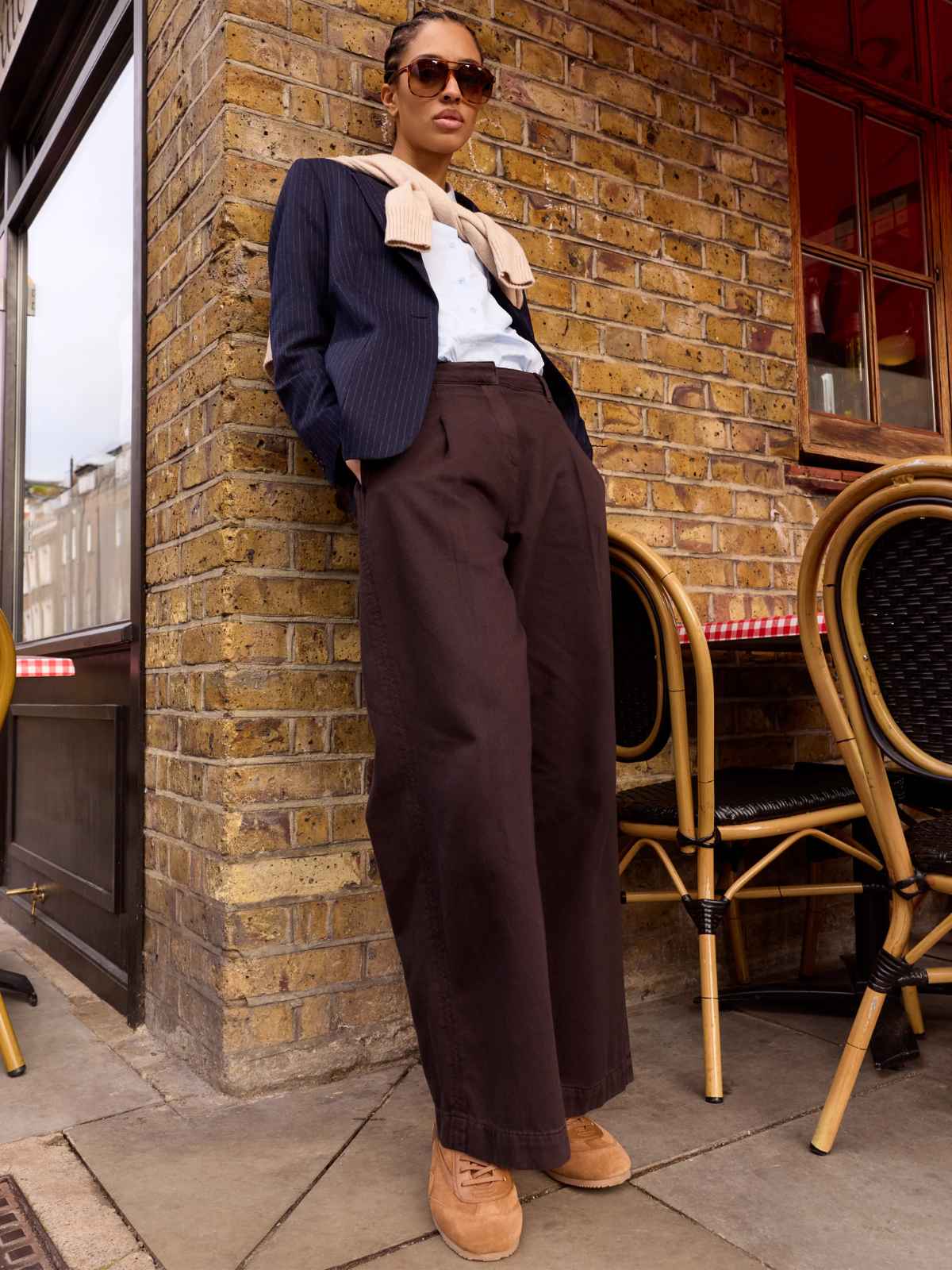Our editors curate highly rated brands that are first assessed by our rigorous ratings system. Buying through our links may earn us a commission—supporting the work we do. Learn more.
Zara is one of the largest fast fashion giants on the planet, but how is it treating its workers, the environment, and animals in the supply chain? This article is based on the Zara rating published in February 2022.
Not so giant on the ethics front
Zara, flagship brand of the Inditex Group, has gained a reputation as the ultimate destination for European fashion, with nearly 3000 stores in 96 countries, and billions of dollars worth of profit each year. But just how ethical is Zara? How is this fast fashion giant impacting people, the planet, and animals? Let’s break it down.
Environmental impact
When it comes to the planet, Zara gets a “Not Good Enough” rating from us. Zara’s parent company, Inditex, has started a repair and reuse program called Closing the Loop. The program offers customers the opportunity to drop off their used garments in-store or through the post in order for their clothes to gain a second life—which is a good initiative. The brand also uses recycled packaging.
However, there is no evidence it minimises textile waste when manufacturing its products. And, although Zara has set an absolute target to reduce greenhouse gas emissions generated from its own operations and supply chain, there is no evidence it is on track to meet its target.
It is important to remember that Zara has fast fashion traits such as on-trend styles and regular new arrivals. This business model is inherently harmful to the environment.
Labour conditions
Zara again scores “Not Good Enough” for labour. Half of its final stage of production is undertaken in Spain, a medium risk country for labour abuse, and the brand received a score of 51-60% in the Fashion Transparency Index.
The brand is somewhat transparent, as it likely publishes detailed information about its supplier policies, audits, and remediation processes. Zara also publishes a detailed list of suppliers in the final stage of production, some information about the findings of their supplier audits, as well as some information about forced labour, gender equality, or freedom of association. It also discloses some policies to protect suppliers and workers in its supply chain from the impacts of COVID-19.
However, it has made little to no progress on payment of a living wage across its supply chain. For a company with such a huge profit margin, this simply isn’t good enough.
Animal welfare
Zara’s animal welfare policy, aligned with Five Freedoms, includes a strict ban on fur, angora, and on stocking products tested on animals. Unfortunately, Zara does use wool, leather, down, and exotic animal hair, and there is no evidence it traces any animal products to the first stage of production, so we again rate them “Not Good Enough” again here.
Overall rating: Not good enough
As one of the largest fashion retailers in the world, Zara has an opportunity to lead the way into a more sustainable future. Zara has taken steps towards good supply chain management, such as the Closing the Loop program. However, its business model is based on an unsustainably high turnover rate. Zara prides itself on giving consumers the “latest fashion trends” every 13 days. The promotion of such rapid consumption is inherently harmful to both people and the planet. We believe that, as a global leader in retail, Zara needs to be setting the standard for sustainability, so there is work to do across the board before we give the brand a higher rating than “Not Good Enough”.
Good On You ratings consider hundreds of issues and it is not possible to list every relevant issue in a summary of the brand’s performance. For more information see our How We Rate page and our FAQs.
Good swaps
“Good” and “Great” alternatives to Zara
